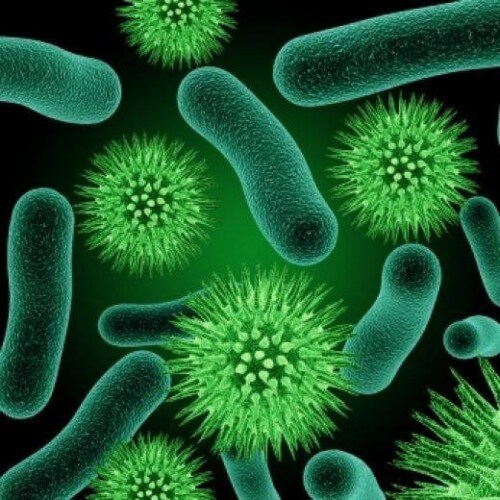The study by researchers from the Hebrew University was published this week in the respected scientific journal Nature Communications

Researchers from the Hebrew University succeeded for the first time in deciphering the mechanism that allows bacteria to survive antibiotic treatment even if they are not resistant to antibiotics. The discovery of which was published this week in the prestigious scientific journal Nature communications and received many echoes in the scientific community, paves the way for improving the medical treatment of a wide variety of bacterial infections. The researchers registered a patent for the discovery through "Yishom", the research development company of the Hebrew University.
Next to bacteria that have undergone a mutation that made them resistant to antibiotics, another group of bacteria that is responsible for the failure of antibiotic treatments is the "persistent bacteria" population. These bacteria are not resistant to antibiotics, but they survive the antibiotic treatment because they are dormant during it and when the antibiotics are removed they can "wake up" and return to act against the human body.
Until now, it was known that there is a connection between the dormant bacteria and a toxin called HipA, but the medical world has not found an answer to the question of what is the chain of actions that that toxin starts and which ultimately causes certain bacteria to fall asleep and thus escape the effect of antibiotics. Now the authors of the study Prof. Gadi Glazer from the Faculty of Medicine and Prof. Natalie Laban from the Rakah Institute of Physics at the Hebrew University have succeeded in deciphering the mechanism that causes certain bacteria to fall asleep. The research shows that when the antibiotics attack the bacteria, the toxin present in the cell prevents the amino acid from entering the protein, the inhibition of protein construction leaves tRNA molecules freed in the cell. This causes the cell to interpret the situation as starvation and as a result fall asleep and thus escape the effect of the antibiotics. As a result, the bacterium enters a state of starvation and activates a distress system that causes it to fall asleep and thus escape the effect of the antibiotic.
The insights from this research on the mechanism that causes bacteria to go dormant will be combined with other developments in Prof. Glazer's laboratory, which deal with ways to damage the bacteria's distress system, with the aim of better fighting dormant bacteria and thus treating bacterial infections more effectively.
The research was done in the laboratory of Prof. Gadi Glazer, by the doctoral student Ilana Caspi and in the laboratory of Prof. Natalie Laban by the doctoral students Eitan Rotem, Nega Weiss and Irina Ronin. The researchers used sophisticated methods such as genetic selection, bacterial mutants and methods for monitoring bacterial growth developed in Prof. Laban's laboratory, which has been dealing with the persistent bacteria phenomenon for years.

2 תגובות
Link to the article?
Thank God they discovered it and well done!